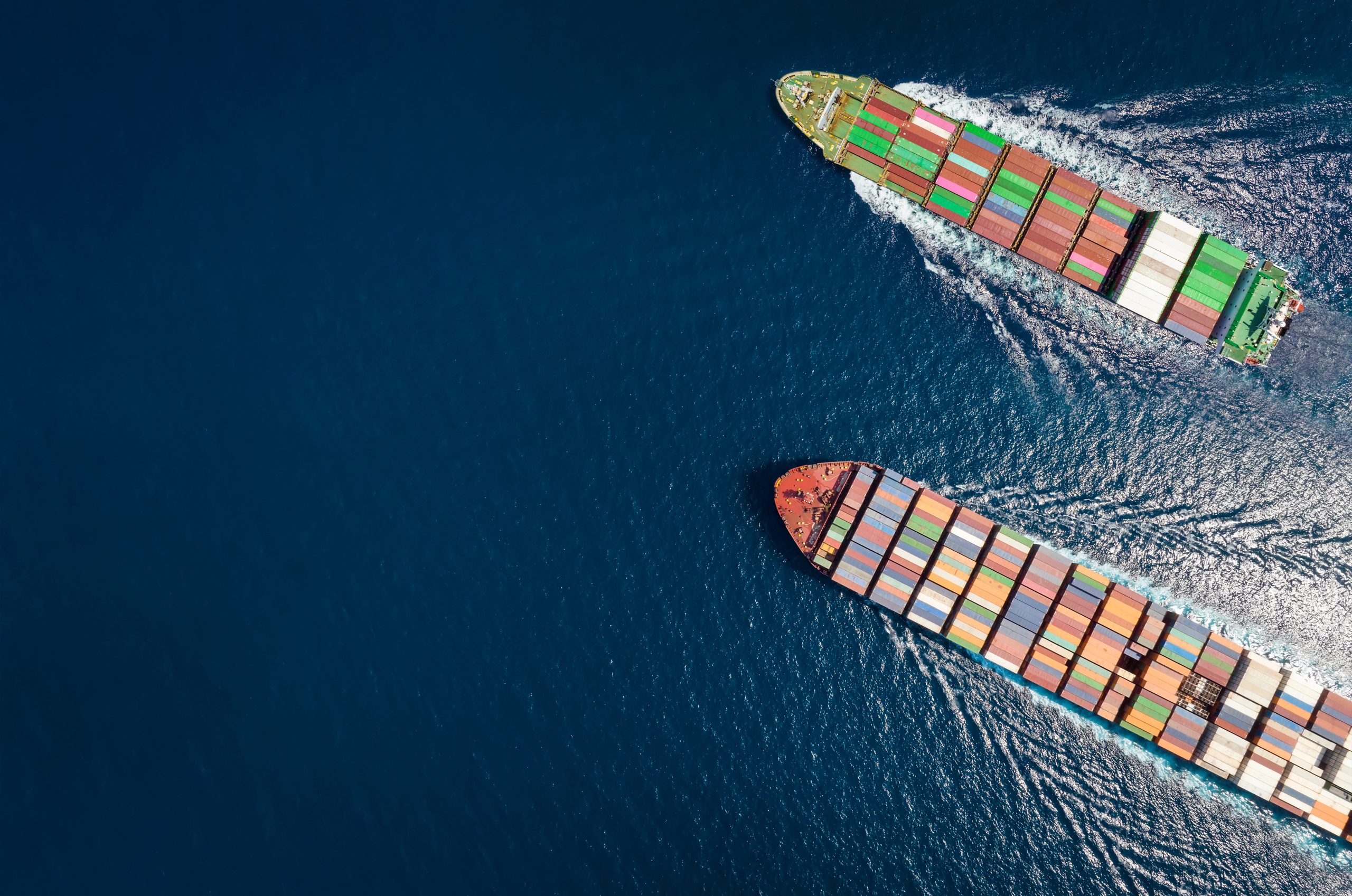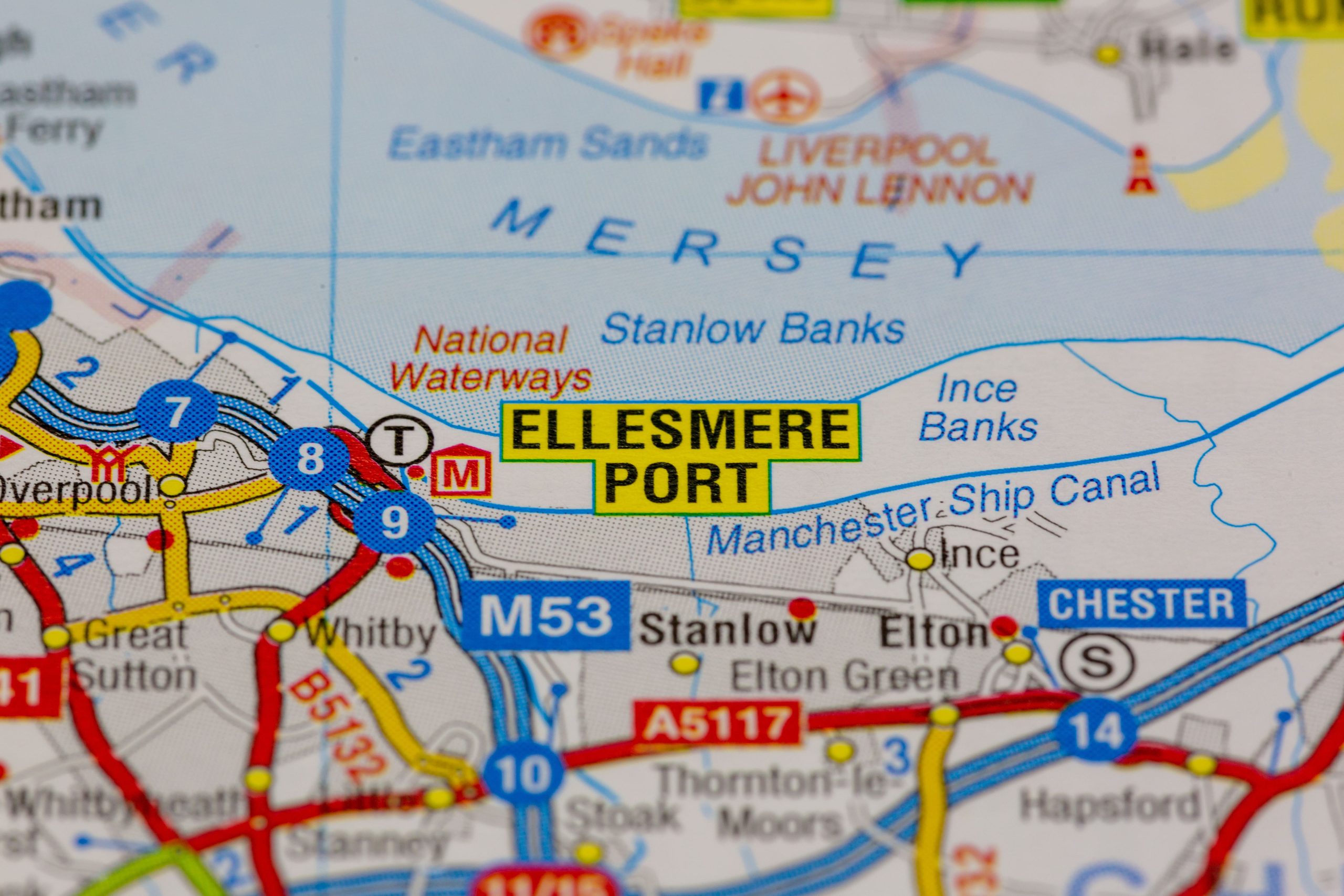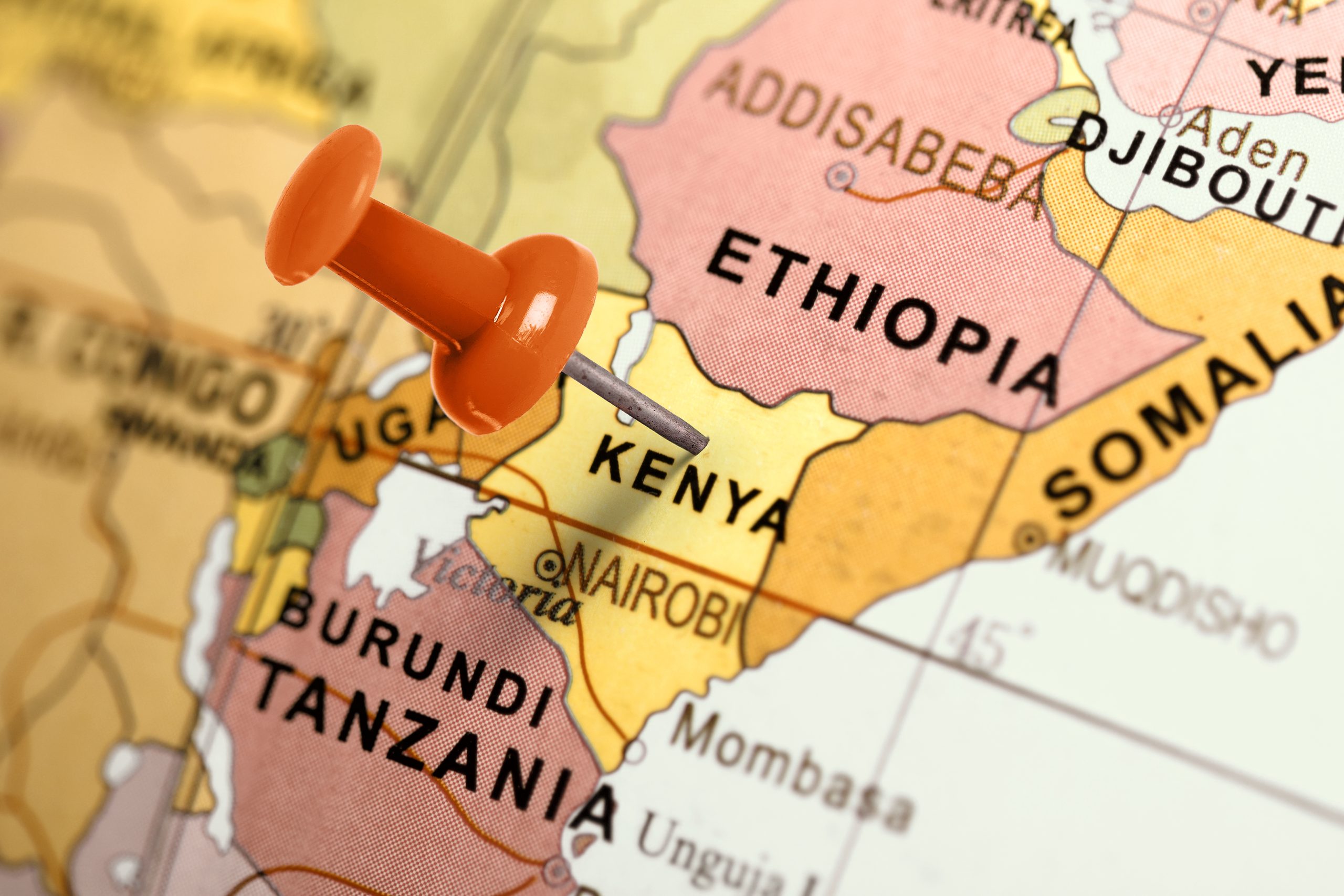Elyse Energy to Produce e-methanol From Renewable Hydrogen

Lhyfe and Elyse Energy have announced that they plan to jointly develop the output of e-methanol from green renewable hydrogen at the heart of the Loire estuary’s industrial and logistics port ecosystem. This project, known as Green Coast, is of major importance for the area and the entire maritime transport sector, seeking to achieve decarbonisation.
Lhyfe is one of the world’s pioneers in producing green and renewable hydrogen, while Elyse Energy is a European specialist in producing low-carbon molecules.
A decarbonisation project in line with a key local ambition
Nantes Saint-Nazaire Port has been committed for several years to decarbonising its activities, which are still heavily dependent on fossil fuels. This transition to energies more respectful of the climate and the environment has become necessary for European ports’ competitiveness and survival.
This ambition is supported at all levels, particularly by the Pays de la Loire Region and the Saint-Nazaire Agglomération urban community, which actively support the transition underway in the Nantes Saint-Nazaire industrial port area.
Indeed, decarbonisation is stimulating the emergence of a new industrial fabric in the region, with European-scale projects creating new long-term jobs linked to these sectors.
The Loire Estuaire Décarbonation ZIBaC programme will ensure consistency and the development of strong industrial synergies between the various decarbonisation projects in the estuary area.
The Green Coast project is part of the Loire Estuaire Décarbonation pathway
In late 2023, Nantes Saint-Nazaire Port selected Lhyfe to set up an industrial production and distribution operation for green hydrogen. At the time, Lhyfe presented its plans to build an industrial unit with a renewable green hydrogen production capacity of up to 85 tonnes per day (installed electrolysis capacity of 210 MW), in Montoir-de-Bretagne, to the north of the Multivrac terminal, by 2028.
Nearby, Elyse Energy has positioned itself to produce renewable fuel in the industrial port zone. A synergy between these two project leaders led to the signing of an exclusive agreement to study the feasibility of producing e-methanol from Lhyfe’s green hydrogen, to decarbonise maritime transport. The rest of the production would be used locally to decarbonise mobility and industry (see the financial press release published last July).
This project, called Green Coast, will be located at the Montoir-de-Bretagne industrial port hub, near the quayside.
Elyse plans to produce 150,000 tonnes of e-methanol a year at the site
Green Coast, which fits in fully with the local industrial context, is part of the Loire Estuaire Décarbonation initiative, supported by France 2030 via the Low Carbon Industrial Zone or ZIBaC call for projects, and led by ADELE, which includes Saint-Nazaire Agglomération, the Estuaire & Sillon association of municipalities, the Pays de la Loire Region, Nantes Saint-Nazaire Port and the Association des Industriels Loire Estuaire (AILE).
The project is currently under development and is subject to the granting of operating licences, building permits and financial investment decisions. The conclusions of the initial studies will be communicated in 2025.
Decarbonising maritime transport with e-methanol produced from green hydrogen
Decarbonising maritime transport is a key challenge for achieving the dual objective of carbon neutrality and an exit from fossil fuels. The shipping sector, which handles 80% of world trade, accounts for 14% of CO2 emissions from transport in Europe and is firmly committed to decarbonisation, with several sustainable options for ship propulsion.
E-methanol produced from renewable green hydrogen* is one of the keys to decarbonising this sector.
- Renewable green renewable hydrogen: more than 95% of the hydrogen produced today – so-called “grey” hydrogen – is derived from fossil fuels. “Renewable green” hydrogen, which is beginning to develop, is produced by water electrolysis and therefore requires two components: water and renewable electricity. Its production emits minimal CO2 (1 kg of CO2 for 1 kg of green H2 compared with 10 kg of CO2 for 1 kg of grey H2). When this hydrogen is used, the water molecule reforms, emitting only water vapour. Lhyfe, a world pioneer in this technology, has been producing green hydrogen since 2021, encouraging the development of a virtuous value chain
- E-methanol: Methanol, the most basic alcohol and a liquid at atmospheric pressure, is a molecule used in the manufacturing processes of many everyday products, such as cosmetics, medicines, resins, plastics, paints etc. Although methanol is produced almost exclusively from coal and natural gas, low-carbon alternatives have emerged for several years, particularly e-methanol produced from hydrogen. The production of e-methanol involves using low-carbon hydrogen produced by electrolysis of water and carbon recycled from industrial processes. Elyse Energy is one of Europe’s leading players in e-fuels.
Although e-methanol production is limited to a few thousand tonnes a year in Iceland, the sector is developing rapidly, with nearly 60 major industrial projects under construction globally, notably in China, Sweden, Denmark, North America and France.
France has two major competitive advantages to support the emergence of e-methanol and turn it into a significant green reindustrialisation opportunity – a low-carbon electricity mix and integrated chemical platforms capable of providing the necessary skills and infrastructure.
With nearly 600,000 tonnes of fossil methanol imported each year by French manufacturers, and growing demand from major players in the maritime sector for methanol-powered ships, e-methanol offers an opportunity to repatriate production while helping to establish a French industry of excellence.

